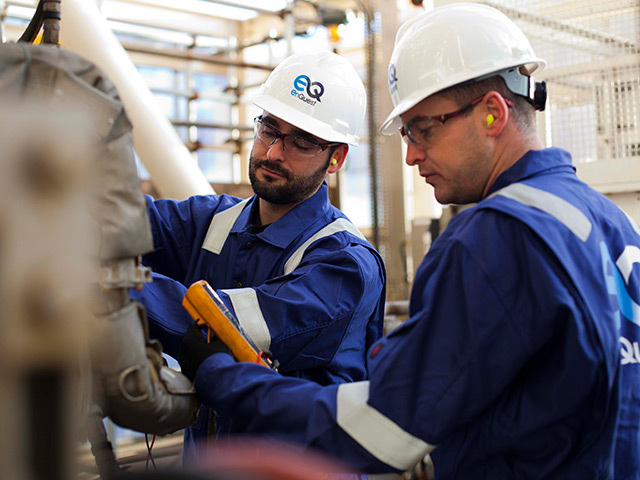
Oil firm EnQuest has taken a key step towards developing two UK North Sea fields.
The move is a welcome boost for Britain’s oil and gas industry amid growing uncertainty about its future.
EnQuest says development infrastructure for the Scolty and Crathes fields will produce up to 20,000 barrels of oil equivalent per day and have a design life of 15 years.
An environmental statement for the project submitted to the Department of Energy and Climate Change by group subsidiary EnQuest Heather says horizontal wells would be drilled on each field, with tie-backs over 15 miles in a “daisy chain fashion” via subsea pipelines and risers to the Kittiwake platform.
Fluids would then be processed and exported to shore through the Forties pipeline system.
The two fields are about 83 miles from St Fergus, Near Peterhead, in the central UK North Sea.
Scolty was discovered in 2007 and Crathes four years later.
In February, EnQuest acquired a 50% stake and operatorship of the Kittiwake field and surrounding development/acreage from Centrica.
EnQuest also acquired a 100% interest in the Kittiwake to Forties oil export pipeline as part of the near £50million deal, which was expected to lead to the company using the region as its North Sea production hub.
Earlier this month, EnQuest said it was poised for substantial production growth from its UK hubs.
Its bullish update on the North Sea was based on output expectations for the Alma field – due onstream in mid-2015 – and Kraken, which is on schedule for first oil in 2017.
The upbeat message came at a critical time for the industry amid uncertainty over the tax environment, low oil prices, high operating costs and declining output.
Industry bosses and oil and gas experts will be keeping an eye on today’s meeting of Opec members to see if there will be a cut in output from the producers’ cartel, which could stem the downward drift in crude prices, and also next week’s autumn statement from Chancellor George Osborne in the hope of tax cuts to encourage investment.
Recommended for you
